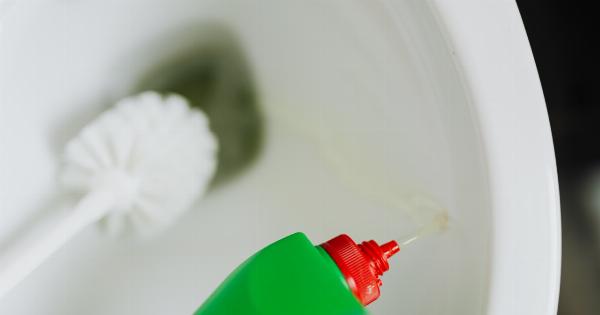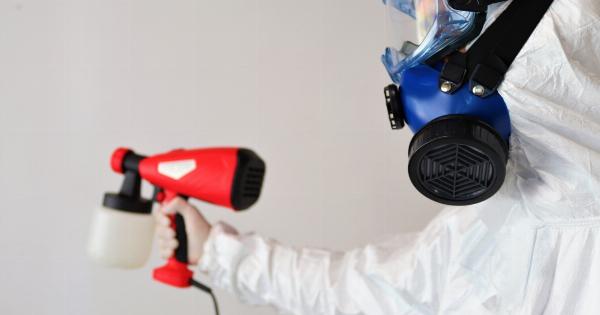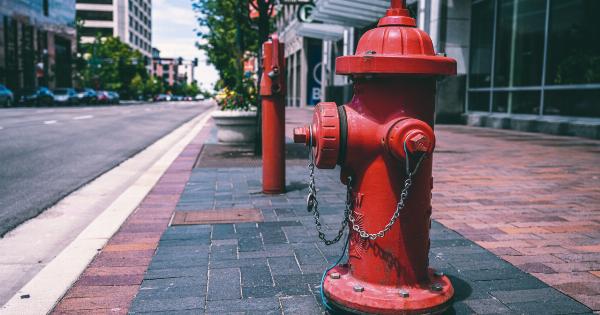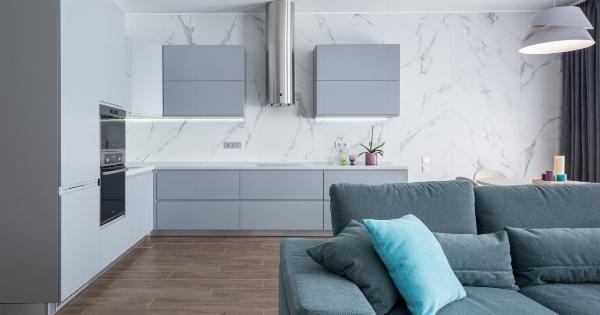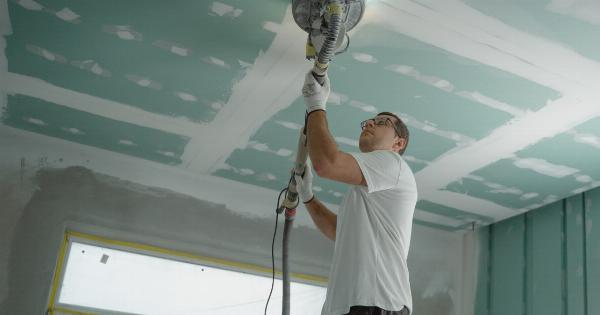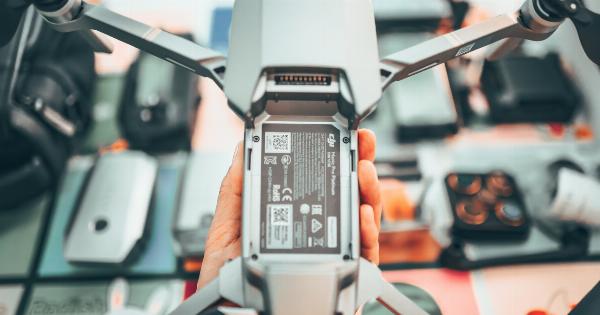A home should be a safe haven, but accidents can happen at any time. You might think that your home is the safest place, but household appliances can turn into life-threatening hazards if not used or maintained properly.
In this article, we’ll look at some of the essential appliances that every home should have to save lives.
Smoke Detectors
Smoke detectors are the most important appliance for your home when it comes to safety. They detect smoke and alert you about potential fire emergencies, giving you enough time to evacuate.
There should be smoke detectors installed in every room, including the kitchen, garage, and attic. It’s best to install them near the ceiling as smoke rises upwards. Make sure to regularly check and test your smoke detectors and replace the batteries at least once a year.
Carbon Monoxide Detectors
Carbon monoxide is an odorless, colorless gas that is produced by gas stoves, faulty furnaces, and other fuel-burning appliances. High levels of carbon monoxide can cause headaches, nausea, and even death.
Carbon monoxide detectors can save lives by alerting you when there is an unsafe level of the gas. Similar to smoke detectors, they must be installed in every room and maintained regularly.
Fire Extinguishers
It’s important to have a fire extinguisher in your home, especially in the kitchen and garage where fires are more likely to occur. There are different types of fire extinguishers for different types of fires.
Make sure to get the right type of extinguisher for your home and educate yourself and your family members on how to use it. It’s also essential to have a fire escape plan in place if the fire extinguisher doesn’t work or the fire is too big to handle.
First Aid Kit
A first aid kit is essential in every home, especially if there are children or seniors living in the house. It should contain bandages, antiseptic wipes, gauze pads, adhesive tape, scissors, and other essential medical supplies.
Make sure to regularly check and replace expired items in the kit. If there is an emergency, call 911 or go to the nearest hospital immediately.
Emergency Generator
In times of power outages, accidents or natural disasters, an emergency generator can be a lifesaver. It can provide backup power for critical appliances such as medical equipment, refrigerators, and heating systems.
Generators can run on gas, propane, or diesel, and should be installed outside your home to avoid carbon monoxide poisoning. Make sure to read the instructions and safety guidelines before using it.
Water Heater
A water heater is an essential appliance that every home should have. It provides hot water for bathing, washing dishes, and other household tasks. However, if not maintained properly, it can cause fire or gas leaks.
It’s important to check the temperature setting, pressure relief valve, and the anode rod, which keeps the tank from rusting. Get your water heater serviced annually by a professional technician.
Gas Leak Detector
If your home uses natural gas, it’s important to have a gas leak detector installed. Natural gas is odorless and colorless, and leaks can lead to fire or explosions. A gas leak detector can detect gas leaks and alert you before it’s too late.
Make sure to test it regularly and replace the batteries as needed.
Security Cameras
Security cameras can provide an extra layer of protection for your home, especially when you’re away. They can deter burglars, and in case of a break-in, they can help identify the culprit.
There are many types of security cameras available, such as wired, wireless, and battery-powered. Make sure to place the cameras strategically around your home and test them regularly.
CPR Device
Cardiopulmonary resuscitation (CPR) can save lives in case of cardiac arrest. However, it’s difficult to perform CPR manually and requires training and practice.
The good news is, there are CPR devices available that can make the process easier and more effective. These devices use compression and ventilation to circulate blood and oxygen through the body. If you have a family member with a history of heart disease, it’s a good idea to have a CPR device at home.
Conclusion
These are some of the essential appliances that every home should have to save lives. However, it’s not enough just to have them installed; you must also maintain them regularly and educate yourself and your family members on how to use them.
Remember to test your smoke detectors, carbon monoxide detectors, and other safety equipment regularly to make sure they are in good condition. By taking these precautions, you can ensure that your home is a safe and comfortable place for you and your loved ones.

